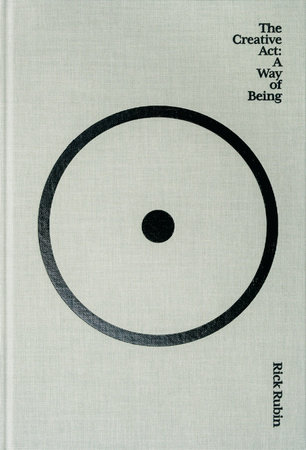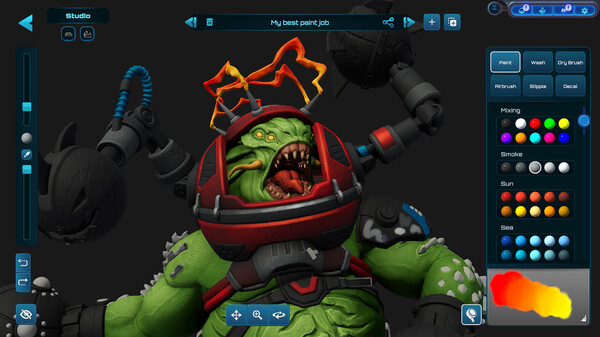Success

It's been a long time since I wrote anything. I lost the summer to Moonbreaker, and now suddenly I'm a lot less busy (more on that in an upcoming entry). I've been reading and reflecting a lot since then, and so I wanted to talk about one book that blew me away.
It took me awhile to get through A Creative Act by Rick Rubin. The book dissects the creative process, and seemed to have been slaved over very carefully by someone who has worked with a lot of noteworthy musicians. The book is not about music, but about creativity in general, including writing, painting, screenwriting, and surely, game design.

At first, I think the book felt impractical, too mystical. But I think I wasn't slowing down enough to really concentrate on what he was saying. In September, I picked it back up again and my jaw went agape with the mind-blowing, stark truth of it all. Suddenly it was resonating. I was dumbfounded. And inspired. So much so that after I finished it, I immediately started it over. And then for a third time.
One chapter that really took my breath away was the one on Success. I really needed to hear. Here's a small excerpt from it:
"How shall we measure success? It isn't popularity, money, or critical esteem. Success occurs in the privacy of the soul. It comes in the moment you decide to release the work...when you've done all you can to bring out the work's greatest potential. Success has nothing to do with variables outside yourself"
"...sometimes <our works> will be applauded, or rewarded. Sometimes not."
When I heard this, I instantly knew it was true, and this was a new thought. Before, I probably felt that deep down, this is what a so-so artist would think, as a justification for their own mediocrity. No longer.
My whole career, each game I worked on was better received than the previous, and sold more. I was getting better, we were getting better, and so each game was better. But there's no way that can continue forever. Moonbreaker was the first game to break this upwards trend.

No matter what we did to the game, we couldn't make it resonate better, sell better, or get more people to care. And yet, I'm so happy with it. How can one reconcile that? This chapter seems to have the answer.
That answer is that we make things for ourselves - not others. We keep making something until we don't know how to make it any better, and are pleased with it (or we run out of time or money). Then we release it, letting go of expectations.
What person in their right mind would allow public perception, ratings, audience, money, followers or other trappings of external success, change that? Your happiness and self-worth as an artist would be hostage to the thoughts of others, to fashion, marketing, trends and news events that overshadowed your release. It would be truly miserable. Who would want to continue? For a lifetime?
"If we second guess our inner knowing to attempt to predict what others may like, our best work may never appear."
If we let external forces change how we feel about ourselves as artists, we might contort ourselves, trying to pander to what "the mainstream" wants. Or we might stop making art altogether, as the stress cripples us and we throw up resistance to protect ourselves. Or we might continue to make it, but never quite bring ourselves to release it.
This internal, "selfish" definition of success allows us continue to learn, to create, to release and then start again with an increasing knowledge and love of our craft. This mindset allows us to become true artists of our highest potential, joy and fulfillment.
External metrics be damned.